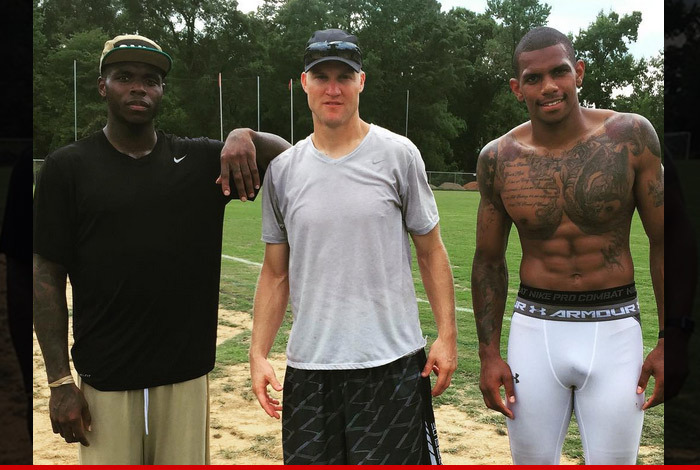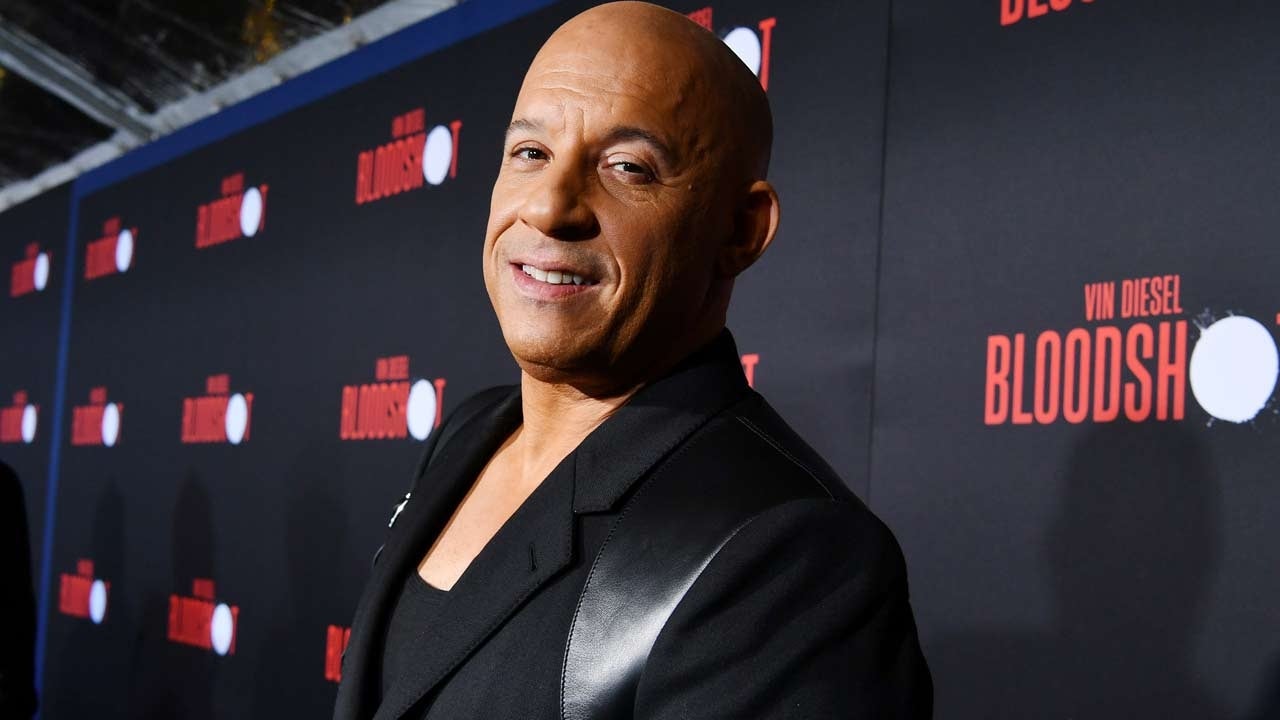
He was deeply moved by what he saw and upon his return to Israel talked to Yizhak Navon, then the Minister of Education, about sending Israeli High school students to visit the Camps in Poland. Ahituv was one of them and for the first time visited the ghettoes and the death camps in Poland. In 1986 the Korczak Institute in Warsaw invited four Ministry of Education officials to visit Poland. They started corresponding and in 1985 Dr. Wolocek, a Polish classmate of his, who was then a medical doctor in Warsaw. In 1966, while studying in New York, he received a letter from Dr. Only at the end of the war, when he was stationed in Northern Italy, did he hear for the first time what really happened in Poland: his family was shot by the Nazi Einzatzgruppen in a forest near their town.Īfter WWII and the establishment of Israel he became a teacher and later worked for the Ministry of Education.

In 1942 he joined the British Army and served four years. While attending the Hebrew University Achituv worked for a short time as a milkman before joining the British Mandatory Police.

1n 1941 he joined his brother Gershon in Palestine. When the Russians occupied Lithuania in 1939 he went as a refugee to Vilna where he lived for a year and a half. After Achituv finished high school he taught private lessons in order to save money for the move to Palestine. Although the Zionist movements were active in town, Achituv didn't join any of them.Īchituv's older brother, Gershon, went to the Hebrew University in Jerusalem in 1937. Łuniniec’s population was 10,000, half of them Jews. This teacher went to Palestine but then returned to Poland with his a wife and 2 daughters, who were born in Palestine. During all these years he was tutored in Hebrew, Jewish History and Literature by a teacher hired by his father. At the age of eleven he studied for one year in a Yeshiva and then went to the Gymnasium, where he was one of three or four Jews in his class. When he was 12 and attended the local Gymnasium, his non-Jewish friends loved to play in his family’s orchard and helped harvest the fruit.Īs a young boy he attended a Jewish Cheder for two years and then a modern Jewish school called “Tarbut”. They also had cows, chickens and goats, a vegetable garden and an orchard with 25 apple and pear trees.Īchituv does not remember suffering from anti-semitism during his childhood. The family owned a grocery store, managed by the mother, and houses for rent which were run by the father. It was a religious Zionist family, whose dream was to go to Palestine. The family spoke Yiddish at home and was well to do.

The whole family except for Achituv and his older brother, Gershon, perished in the Holocaust. His parents, Yakov-Dov and Mina, nee Swirski, were married in Łuniniec.Īchituv had 2 brothers, Gershon and Moshe-Leib, and 2 half sisters, Batya and Rachel, who were his father's daughters from an earlier marriage. Shlomo Achituv was born in 1919 in Łuniniec , Poland (Polesie). Interview Subject: Achituv Shlomo and his family. Fragments that could contain current personal data have been removed from the interview. Warning! The text retains the original spelling of surnames and place names by an Israeli researcher in many cases it may not be correct.


 0 kommentar(er)
0 kommentar(er)
